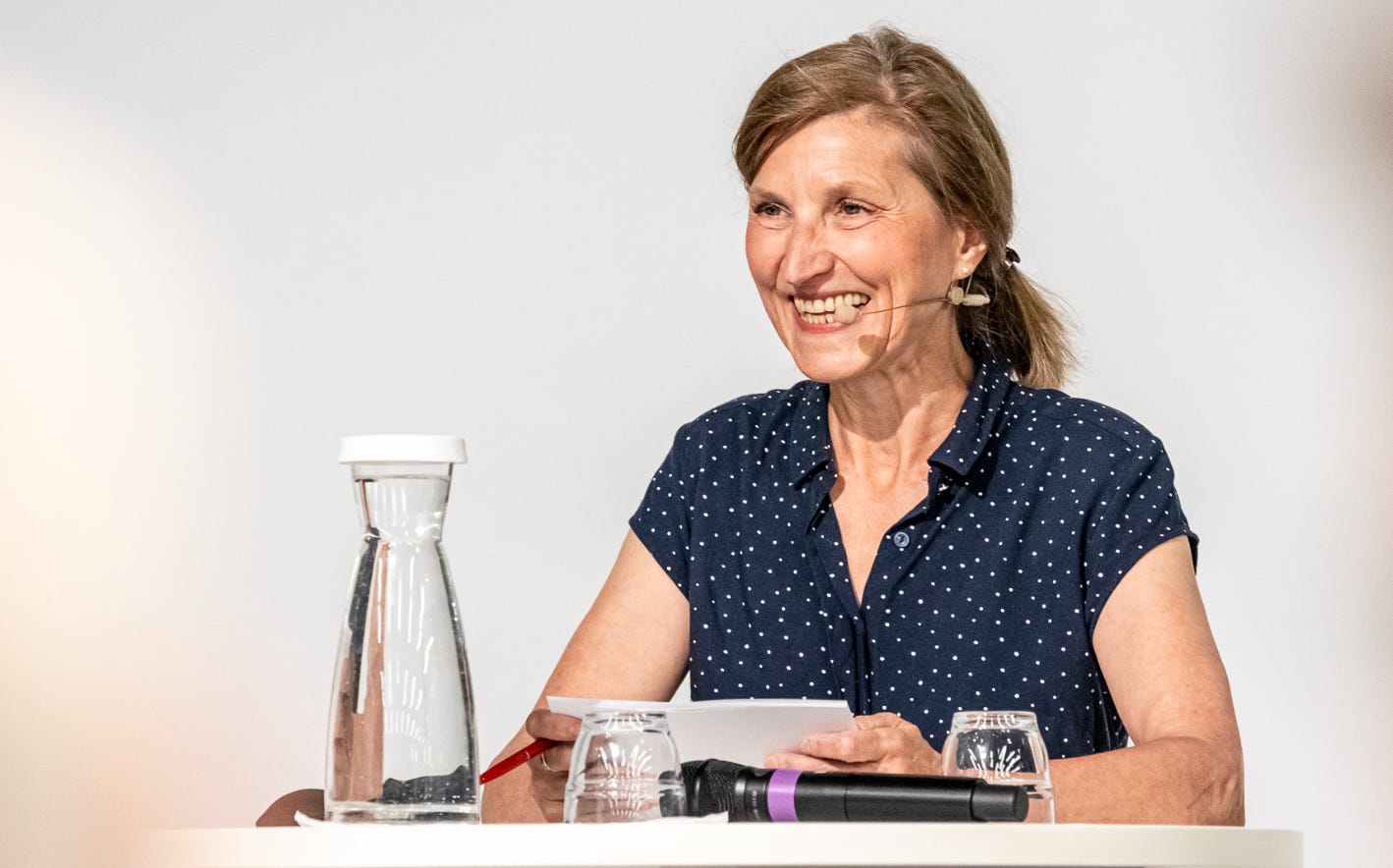Simone Schmollack, discourse policewoman, explains why there is no problem with freedom of expression in Germany because feelings are not facts and also because Putin
I’ve had occasion now and again to comment on the cut-rate German Guardian known as Die Tageszeitung, or taz. The journalists at taz produce unimaginative leftoid Green claptrap for a rapidly dwindling audience, distinguishing themselves above all for their predictability and incessant demands for donations. “We can’t do this without your support,” they cry at the end of every article, inspiring myself and many others to withhold our money with great enthusiasm in hopes that one day taz will finally go away.
On Friday, we looked at a poll showing that fewer Germans feel free to express their political opinions than at any point since researchers began asking the question in 1953. The sentiment is present across the political spectrum with the highly amusing exception of Green voters, 75% of whom think free speech is alive and well because they face no resistance at all in the expression of their opinions. Happily, that poll has now come to the attention Simone Schmollack, a former taz “gender editor” and current taz newsroom manager, who looks vaguely like a deranged vegetarian shark …
… and who belongs precisely to that demographic – urban, female, middle-aged, university-educated, environmentally obsessed and hysterically feminist – which dominates political discussion both in Germany and also everywhere else.
Keep reading with a 7-day free trial
Subscribe to eugyppius: a plague chronicle to keep reading this post and get 7 days of free access to the full post archives.


